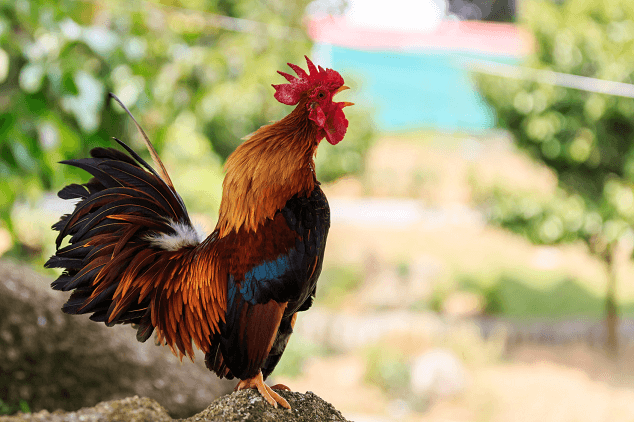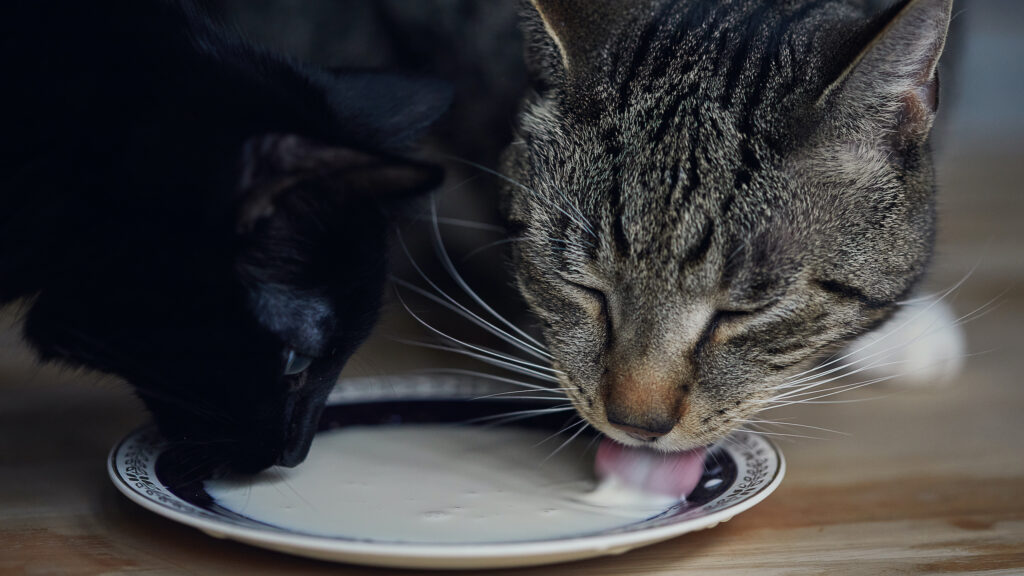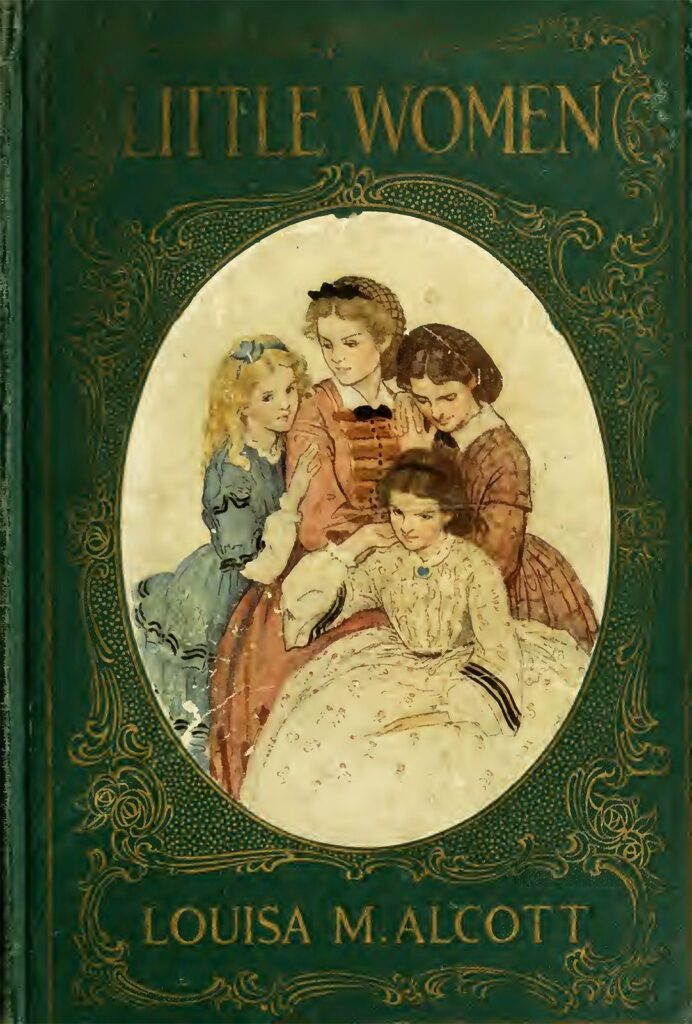We’ve all heard the sound of a rooster crowing at dawn, marking the start of a new day. But have you ever stopped to wonder how roosters seem to know exactly when the sun is about to rise? It’s as if they’re tuned in to some invisible clock. The truth is, the rooster’s crow isn’t just a reaction to daylight—it’s a fascinating part of their biology.
The Morning Myth
Most people believe roosters only crow at sunrise, but that’s just part of the story. Sure, they love to announce the morning, but roosters also crow throughout the day. In fact, their crowing is more about letting everyone know they’re in charge than simply greeting the sun.
Roosters have something called a “circadian rhythm”—a natural body clock that runs on a 24-hour cycle, just like ours. This clock tells them when it’s time to sleep, eat, and, of course, crow. Even if a rooster is kept in total darkness, it will still crow at the same time every day. They don’t need sunlight to know when it’s dawn—they just know.
Roosters Keep Time Without the Sun
In a scientific experiment, researchers placed roosters in an environment with no changing light. The roosters continued to crow at the same time every day, proving that their internal clock was guiding them, not the rising sun. What’s even more interesting is that they start crowing about two hours before dawn, as if they’re preparing for the day ahead before anyone else is awake!
Why Roosters Crow
A rooster’s crow isn’t just a loud noise; it’s a way of saying, “This is my territory.” In a flock, the top rooster is usually the first to crow, and other roosters follow in a kind of pecking order. It’s their way of establishing dominance and letting rivals know who’s boss.
Roosters don’t only crow for power, though. They use their crow to communicate with the flock, signaling warnings or just letting everyone know everything’s fine. They have different crows for different situations—like when they spot a predator nearby.
The Science Behind the Sound
Did you know that a rooster’s crow can be as loud as a lawnmower? That’s around 90 decibels! Surprisingly, they don’t go deaf from their own noise because they have a clever trick. Just before they crow, they close their ear canals to protect themselves from the sound. That’s why they can crow all day long without any problems.
Crowing All Day Long
Although roosters are famous for crowing at dawn, they don’t stop there. Throughout the day, they crow to mark important moments—like finding food or warning of danger. During mating season, they crow even more, trying to show off to the hens and outdo other roosters.
More Than Just a Morning Call
The rooster’s crow isn’t just about waking up the farm; it’s a lot more than that. With an internal clock that’s always ticking, roosters crow at dawn because their bodies tell them it’s time. They don’t need the sunrise to know—it’s built into who they are.
So, the next time you hear a rooster crowing, remember, it’s not just a wake-up call. It’s the rooster’s way of saying, “This is my world, and I’m in control.”









